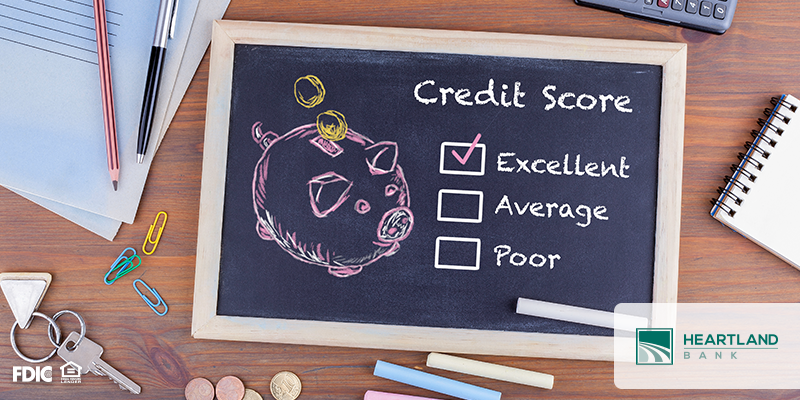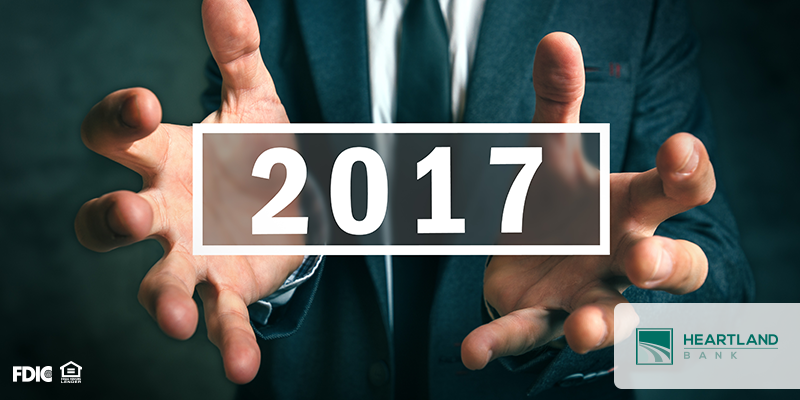
Across television ads, online banners, and even chit-chat among relatives, the phrase, “Check your credit score,” seems to be popping up everywhere. If something so important needs constant reminders, why does it have such a key importance in your personal finances? Well, the truth is that it doesn’t, your financial actions do.
A credit score is comprised of five different measures which indicate how you as an individual are perceived in terms of repayment and risk. Individuals who pay their bills on time, have been utilizing loans and credit cards, and don’t maintain too much debt, typically have a higher score. While the score itself is seen by potential lenders as a positive or a negative, the true meaning it portrays is to showcase whether you as an individual are a promising person to repay any funds you are lent. This score can be changed for the better or the worse depending on the actions you take.
This is why checking the report itself can be beneficial for your personal financial reputation. By reviewing your history on a recurring basis you can quickly identify any mistakes or missed payments that need correcting and do so in a timely manner.
For those who do not check their score scenarios like the following could occur:
Say you accept a job in another town, and after moving, you realize you still need to forward your mail. After a week or two in the new place, you go online and make the switch. However, unbeknownst to you, there was one last utility bill that was mailed to your prior address after you moved away. Weeks go by, even months, only now you’re connected with a new utility company, and you have new bills to pay. Behind the scenes, however, your credit score could be declining, because that one last bill has now been reported to collections. Your credit history will now note that a payment has been missed, and the longer it is missed the more it could damage your credit score.
Situations like this happen to many Americans, and while sometimes they can’t be prevented, the damage they cause can be minimized by checking your credit score on a monthly basis. Instead of allowing a payment like this to retain a balance for over 120 days, you can catch it in under 90 and minimize any potential negative effect on your score.
This is just one example in how checking your credit score can impact your financial health for the better. Other benefits include fraud prevention, better financial negotiation, and more accurate personal financial records.
If you’re ready to get started checking your credit score, we recommend Capital One’s FREE Credit Wise service, available for current and noncurrent Capital One customers. Our team at Heartland Bank would be happy to walk you through your credit report from and is always available to answer any questions you may have.



